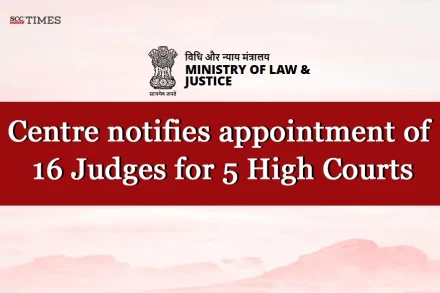
Centre notifies appointment of 16 Judges for 5 High Courts
The President of India on 8-8-2025, appointed 16 Judges across 5 High Courts.

The President of India on 8-8-2025, appointed 16 Judges across 5 High Courts.
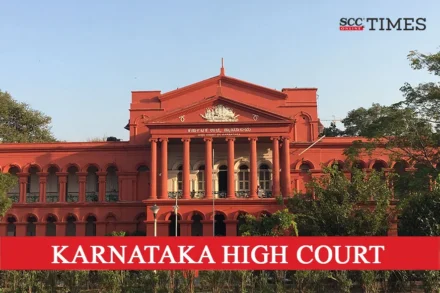
“The legislature is not a sanctuary for defamation or gendered invective, rather an institution where robust debate must be tempered with decorum and respect”.

Perusing the dispute, the Division Bench declined to express anything on the merits of the case and entertain the petition inasmuch as the order brought in appeal was an interim order.

The Court in the impugned order had held that the petitioner watched a pornographic site, which would not become publishing or transmitting material as necessary under S. 67-B(a) and quashed the criminal proceedings against the petitioner.

“Investigating agencies should be very cautious while seeking their custodial interrogation. Women by their very nature deserve preferential treatment inter alia in matters relating to bail, regular or anticipatory”.

The new provisions which were introduced to cover international workers under the EPF Scheme, was held to be violative of Art. 14 of the Constitution.

The Court noted that what is not expressly recognised in Shariat law is not necessarily something which is forbidden. It may still be in tune with the philosophy of the Quran.
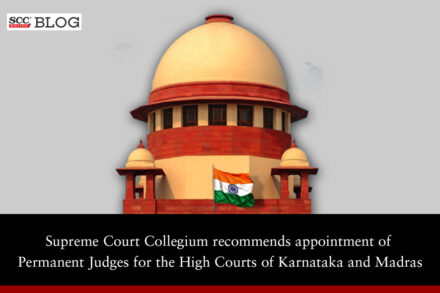
The Collegium recommended names of 7 Judges who are to be appointed as Permanent Judges in their respective High Courts, with exception to Justice S. Rachaiah, whose name was recommended for appointment as Additional Judge of Karnataka High Court for fresh term of 1 year.
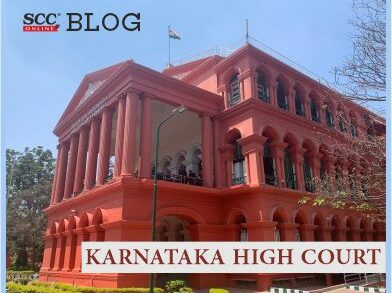
A Family Court order allowed a husband to seek mobile tower record details of the petitioner’s mobile number, so that he can prove the existence of illicit relations between the petitioner and his wife. The Karnataka HC sternly quashed the same citing violation of petitioner’s Right to Privacy

A curious case presented itself before the Karnataka HC wherein they deliberated over an agreement for adoption entered between the biological parents and adoptive parents, when the child was still unborn.
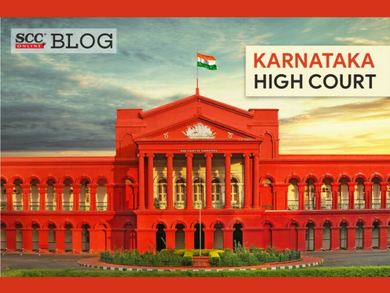
A Government Order regulating, and rationalising prices of essential anti-cancer drugs was challenged before the Karnataka HC. The Court clearly stated that the challenge vis-a-vis petitioner’s loss of profit, cannot be sustained

The Govt. of India had imposed a ban of PFI declaring it an unlawful organisation under the UAPA. The Notification banning the organisation was given ‘immediate effect’, which was then challenged before the High Court
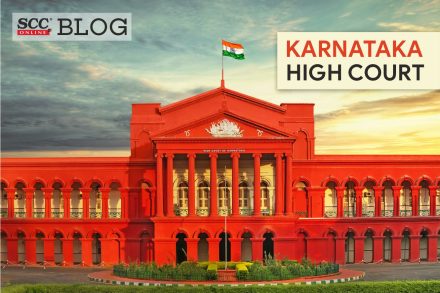
Karnataka High Court: While deliberating over the instant petition seeking termination of proceedings under the provisions of the POCSO Act,

Karnataka High Court: While deciding the instant petition for quashment of complaint, the Bench of Suraj Govindaraj, J., held that in the
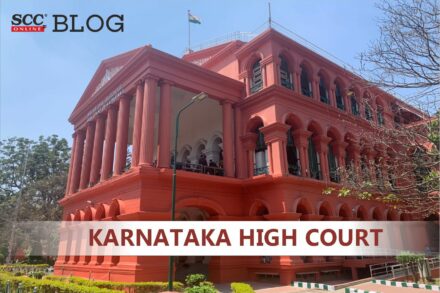
Karnataka High Court: HP Sandesh J. while dealing with an application filed under Section 439 Criminal Procedure Code, ‘CrPC’ by Deputy Commissioner
President after with consultation with Chief Justice of India gave the transfer orders of Justice Ravi Vijaykumar Malimath, Judge of the Karnataka